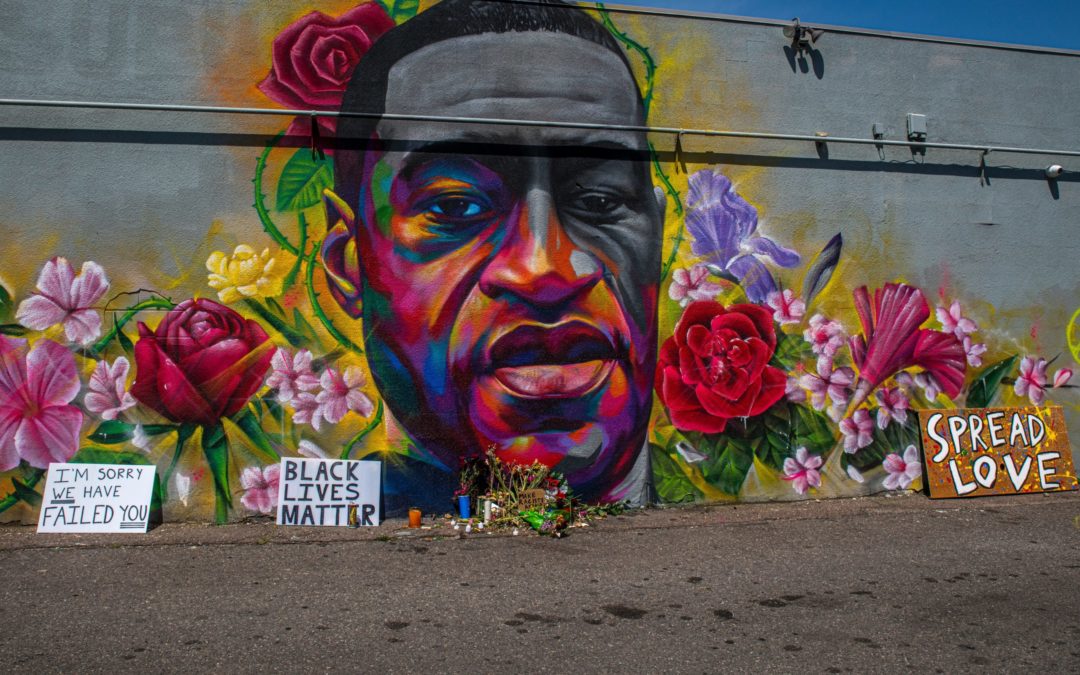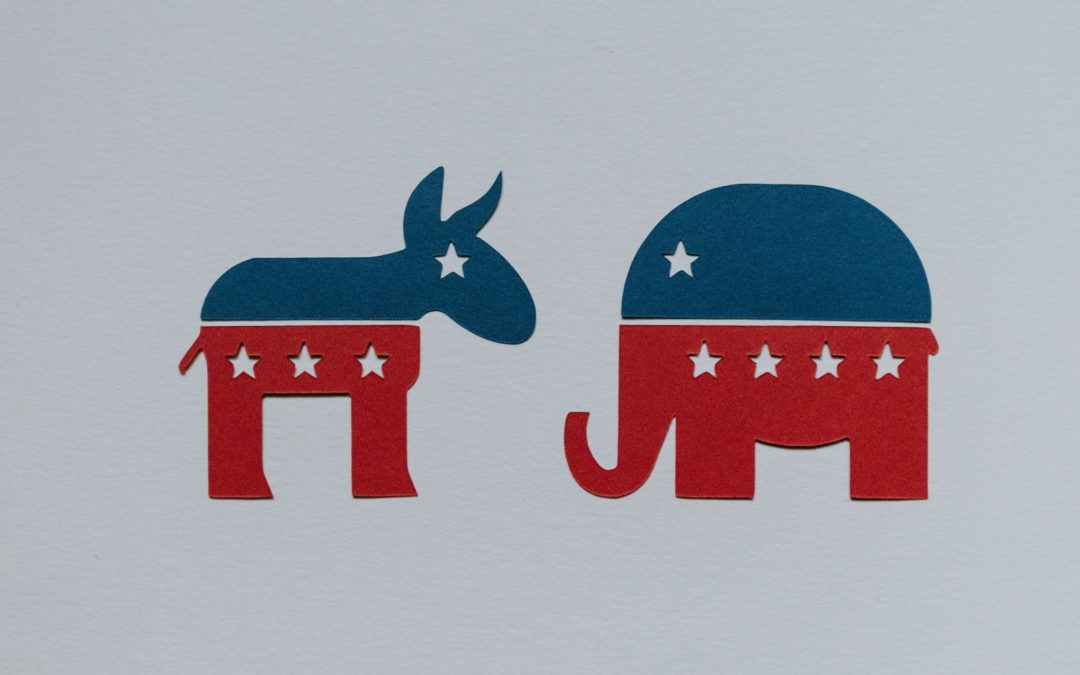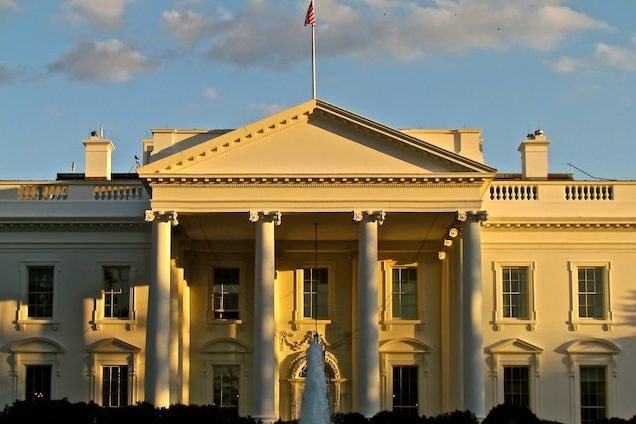
by Jonathan P-Wright | Jul 21, 2023 | Latest, Social Justice |
Derek Chauvin, the former Minneapolis police officer found guilty in George Floyd’s death, is now seeking an appeal to the U.S. Supreme Court after facing setbacks in Minnesota’s highest court. His choice to pursue this avenue for appeal came to light following the denial of his request by the state’s top justice system.
In a historic verdict on April 20, 2021, a Minneapolis court found Derek Chauvin guilty of second-degree manslaughter and more in the death of George Floyd, an unarmed Black man whose death sparked global protests and calls for justice.
After the conviction, Chauvin’s legal team sought to challenge the outcome through the state’s legal channels. However, their efforts were unsuccessful in Minnesota’s highest court. Determined to continue the fight, Chauvin’s attorney, Gregory M. Erickson, announced that they plan to petition the United States Supreme Court for a Writ of Certiorari.
In this case, Chauvin’s legal team aims to present arguments to the nation’s highest court in the hope of overturning the 2021 conviction.
Derek Chauvin’s conviction was a pivotal moment in the ongoing fight for police accountability and racial justice. The tragic death of George Floyd sparked a worldwide movement demanding an end to police brutality and systemic racism. Chauvin’s trial and subsequent conviction were viewed as a crucial step towards ensuring that law enforcement officers are held responsible for their actions.
The former officers who were present at the scene alongside Chauvin during Floyd’s death also faced legal consequences for their involvement. The trial shed light on systemic issues within the Minneapolis Police Department, leading to an investigation by the Justice Department. The investigation found evidence of unlawful discrimination against people of color within the police department, underscoring the urgent need for comprehensive reforms.
As Derek Chauvin seeks an appeal in the U.S. Supreme Court, the nation remains vigilant in the pursuit of justice. The case has become a focal point in the ongoing national conversation about policing and racial equity. The outcome of this appeal will have significant implications not only for Chauvin’s individual case but also for the broader quest for justice and accountability in law enforcement.
His memory continues to inspire movements and initiatives aimed at addressing systemic inequities and demanding transformative change in the criminal justice system.
As Chauvin’s legal team prepares to present their case to the highest court in the land, the eyes of the nation are once again on the U.S. Supreme Court. The outcome of this appeal will reverberate through the annals of history, shaping the trajectory of justice and the pursuit of equality for all Americans.

by Laghe Andrews | Aug 2, 2023 | Latest, POLITICS |
As the political landscape in Alabama heats up, the stage is set for a fierce clash between determined voters and the state’s Republican-led lawmakers over a contentious issue: the revised congressional district map. The conflict arises from allegations that the new map directly contradicts federal court rulings, prompting residents to rally against what they perceive as a violation of voting rights and the democratic process.
A group of state voters is taking a stand, sending a powerful message that they refuse to let the alleged transgressions of their representatives go unchecked. In a statement that echoes their determination, the voters assert, “The Alabama Legislature believes it is above the law,” exposing a growing divide between elected officials and the citizens they serve.
At the heart of this dispute lies a recent U.S. Supreme Court decision on June 8, which favored Black voters, constituting 27 percent of the state’s population. This move is seen as a crucial step in upholding the principles of the Voting Rights Act and ensuring equitable representation for all.
However, the path to compliance has been fraught with controversy. Allegations have surfaced that the Republican-led society disregarded the spirit of the Voting Rights Act in their pursuit of redistricting. The reported modifications in the new map purportedly lead to an augmentation of Black voters’ presence in the predominantly white 2nd Congressional District. However, concurrently, they result in a reduction of the Black voting-age population in the state’s solitary majority-Black district, now standing at 50.65 percent.
Rep. Chris England, a Black lawmaker from Tuscaloosa, provides poignant insight into the situation. He points out that significant changes often occur in Alabama only when federal court orders are in place, emphasizing the need for external intervention to ensure adherence to the law.
The confrontation between voters and lawmakers in Alabama underscores the ongoing struggle for fair representation and the essential role of checks and balances in a democratic society. As tensions rise and the battle for a just and equitable electoral system intensifies, the collective determination of citizens to hold their elected officials accountable remains steadfast.
The aftermath of this confrontation is bound to extend its influence significantly, not just within the confines of Alabama but across the broader spectrum of discussions related to voting rights and the foundational tenets of democracy. As voters assert themselves in opposition to established norms and insist on the upholding of legal norms, the reverberations of their quest for equity extend beyond geographical boundaries. This endeavor serves as a powerful reminder that the potency of a democracy lies in its dedication to impartiality, openness, and the collective voice of its citizens.

by Jonathan P-Wright | Jun 20, 2023 | Latest, POLITICS |
Photo by Suzy Brooks on Unsplash
Imagine a world where the fundamental right to make decisions about one’s own body is stripped away. A world where women are left vulnerable and at the mercy of the political whims of their state’s legislators. The historic ruling of the United States Supreme Court to reverse Roe v. Wade has created a new reality for millions of American women. They now face unprecedented challenges and uncertainties regarding their reproductive rights and health. Gone are the federal protections that once safeguarded a
woman’s right to choose, and in their place, a patchwork of state laws that either uphold or dismantle the right to abortion.
In the aftermath of this monumental shift, the debate around women’s reproductive rights has reached a fever pitch. Proponents argue that the decision empowers states to make decisions that reflect the values of their constituents, while opponents decry the ruling as a devastating blow to women’s rights. Amidst this highly charged political landscape, First Lady Jill Biden is stepping up to give voice to those most affected by the decision. She is scheduled to moderate a roundtable discussion at the White House for women who were negatively impacted by Roe v. Wade and had their options for medical assistance denied.
As we delve deeper into the implications of this historic ruling, we will examine the legal and political ramifications, the impact on women’s healthcare, and the role that individual states play in shaping the future of reproductive rights in America.
The Legal and Political Ramifications
The Supreme Court has reversed Roe v. Wade, the landmark case that made abortion legal in the U.S. in 1973 . This means that states can now ban or restrict abortion as they see fit. Many people are angry and worried about this change, because it takes away a woman’s right to choose what to do with her body and her pregnancy . It also opens the door for more attacks on other individual rights.
Supporters of the ruling argue that it returns power to the states, allowing them to implement laws that reflect the values and beliefs of their constituents. Critics, however, contend that this decision is a thinly veiled attempt to control women’s bodies and limit their autonomy. The fact remains that without federal protections, women’s reproductive rights are now subject to the whims of state lawmakers, creating an uncertain future for millions across the country.
The political implications of this decision reach beyond the realm of women’s rights. The overturning of Roe v. Wade has ignited a firestorm of debate on the role of the federal government and the judiciary, further deepening the divide in an already polarized nation. As politicians on both sides of the aisle grapple with the fallout, the question becomes, what does this mean for the future of American democracy?
Impact on Women’s Healthcare
The ramifications of the Supreme Court’s decision extend beyond the legal and political spheres, directly impacting the healthcare options available to women. Without federal protections, states are now free to restrict or ban abortion outright, leaving countless women without access to safe and affordable medical care.
In states where abortion restrictions are tightened or eliminated, women may be forced to seek out unsafe or illegal methods to terminate their pregnancies. This not only puts their lives at risk but also overburdens an already strained healthcare system. Moreover, the lack of access to comprehensive reproductive healthcare can exacerbate existing health disparities, particularly among low-income and minority communities.
For women who live in states that uphold their right to choose, the situation may not be much better. The influx of women seeking care across state lines will place significant strain on the healthcare providers in these states, leading to longer wait times and reduced access to care for all women, regardless of their circumstances.
The Role of Individual States
At the heart of this historic decision lies the question of states’ rights and individual autonomy. With the federal protections of Roe v. Wade dismantled, the responsibility to uphold or restrict women’s reproductive rights falls squarely on the shoulders of state legislatures.
In some states, lawmakers have already begun enacting restrictive abortion laws, emboldened by the Supreme Court’s ruling. Other states, however, have taken steps to protect and expand women’s access to reproductive healthcare. The result is a patchwork of state laws that either uphold or dismantle the right to abortion, creating an uneven landscape for women’s rights across the country.
As the battle over women’s reproductive rights rages on, it is crucial for citizens to remain informed and engaged in the political process. By voting for representatives who support their values, engaging in advocacy, and staying informed about the issues, individuals can play a critical role in shaping the future of women’s rights in their states and across the nation.

by Jonathan P-Wright | Jul 20, 2020 | Worldwide News |
Daniel Lewis Lee died by deadly infusion on Tuesday (July 14) in the nation’s first government execution since 2003. White supremacist Daniel Lewis Lee was killed on Tuesday morning (July 14) in the nation’s first government execution in quite a while. The 47-year-elderly person was executed by deadly infusion at a government jail in Terre Haute, Indiana, CBS reports.







RECENT COMMENTS